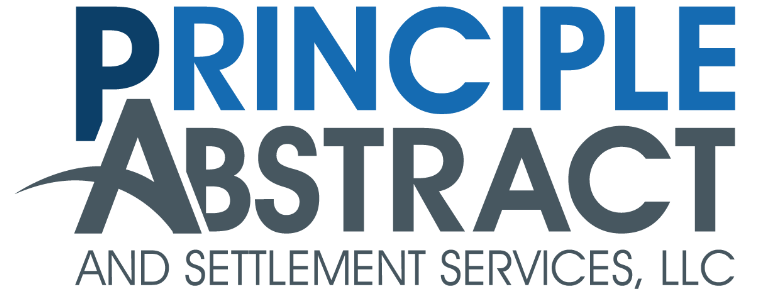In the realm of personal finance, homeownership stands as a cornerstone…

Phishing Scams in Real Estate Transactions: A Paramount Concern
This day and age, virtually everything is digital – from the way we shop and socialize to the way we get the news and binge watch shows. As a result of the pandemic, even more of our lives have become digital. This includes things like concerts and business meetings but also tasks like banking and home closings.
The last two are particularly important because it was only until recent when tasks like mobile check deposits or signing legally binding documents have been broadly accepted and ‘normalized.’
Thankfully, companies have largely stepped up and ensured that our online experience, especially ones involving the transfer of money and sensitive documentation has been largely secure and seamless. Our company is one of them.
Despite all this, the bad guys continue to lurk. With every step forward into the digitization of our lives comes new opportunities to scammers and hackers to exploit any potential vulnerability.
No industry is immune – even real estate.
Over the course of a typical real estate transaction, there are multiple parties, people and procedural/transactional steps that take place. Many of these include wire transfers (most for fairly high dollar amounts,) and the transfer of sensitive documentation such as bank statements, tax documents, investments, addresses, telephone numbers, etc.
It’s easy to see how a real estate transaction is an attractive and potentially lucrative target for scammers participating in phishing attacks.
Phishing attempts happen to be the most common. This is when a hacker finds their way into the accounts of a lender, bank or real estate agent and pretends to be a representative of that company. They will try and convince folks to send along bank information, credit cards, passwords, etc as a way to gain access into other people’s information.
If any user gets a wire request or any request for information that is outside of the typical way of requesting information, pause and reach out to your lender or agent. Additionally, never email any passwords, credit card information, social security numbers or anything that can be leveraged be a scammer.
Should you get any email from anyone involved in your transaction asking for any information or wire money, question that emails legitimacy. It’s always worth asking if the request is legitimate. Even if it does happen to be a legitimate request from that sender, refuse and find a more secure way to pass that information along, either through mail, fax, or a 3rd party encrypted file sharing platform.
The team at Principle Abstract considers our client’s security as a top priority, now more than ever. As a company that operates in this industry, we have a moral and business obligation to ensure that all information is secure from phishing attacks and that the reputation of our industry at large remains intact.
If you have any questions on how Principle Abstract keeps your information secure during real estate transactions, give our office a call.



